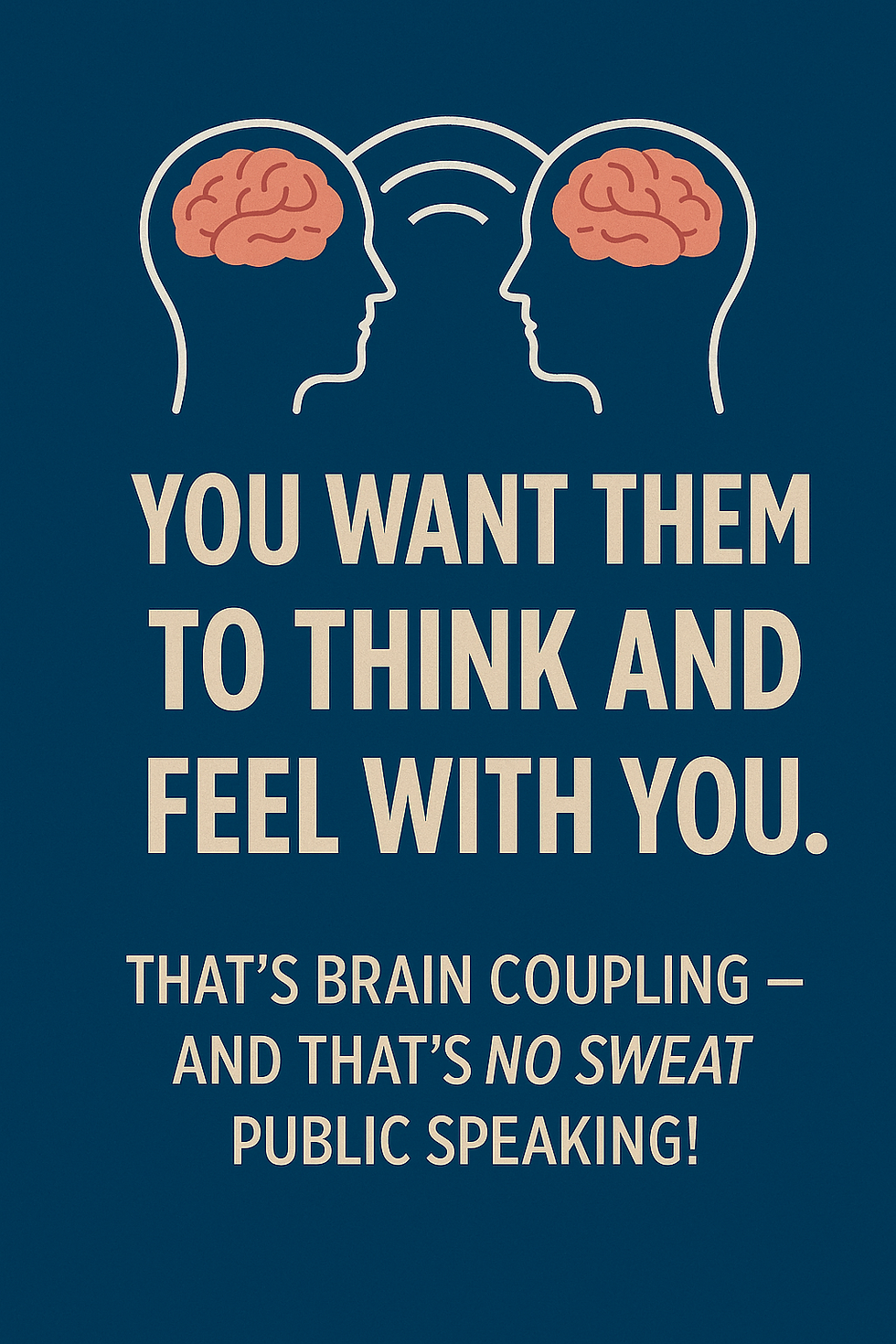Geetesh Bajaj, INDEZINE, interviews me about the Elevator Speech.
- Fred Miller

- Mar 30, 2015
- 4 min read
Geetesh Bajaj, owner of the popular blog, INDEZINE, interviews me about the Elevator Speech.
Geetesh: Elevator speeches are almost always never given in elevators, and as you explain in your course, they are not even all about what we speak! So what exactly does an elevator speech mean in today’s world?
Fred: Speaking Opportunities are Business, Career, and Leadership Opportunities! That’s my mantra. No one ever challenges it. Why would they!
Delivering an elevator speech is a speaking opportunity and having a super one is useful in a number of settings.
For salespeople and others wanting to promote themselves and their businesses, delivering a great one to a group makes sense. The usual scenario is this: You go to a networking event, social function, or seminar, and the leader says, “Before we get started, let’s go around the room and introduce ourselves. When it’s your turn, stand up, tell us who you are and what you do. Give us your Elevator Speech!”
The goal here, in front of a group, isfor everyone hearing and seeing you to know exactly what you do. Clarity is not optional! Their thoughts should then be:
I know what he/she does and I need that! I’m impressed with their Elevator Speech! I’ll buttonhole them to schedule a conversation to learn more at the next break.
I know what he/she does, but I don’t need that product/service right now. However, I’ll be comfortable contacting them in the future should that need arise.
“I know what he/she does, and they sound like they’re very good. I don’t need that product/service right now. I am comfortable referring someone I know, who can benefit from what they offer, to have a conversation with them.
Another situation is the One-on-One Elevator Speech. These occur all the time. For instance, we’re in line at a theater and the person in front of us says, “I’m Joe. I work in the paint department at Home Depot. What do you do?”
The One-on-One Elevator Speech situation business people are more familiar with is this, “The program tonight will begin at 8:00 o’clock. Arrive a half hour early and network!”
The goal in these one-on-one situations is to dis-qualify. Everyone is not a prospect for what you offer. You are not a potential client for each person you meet. Don’t waste major time on minor possibilities! Dis-quality early and often and move on to find someone who can benefit from your expertise and offerings. (You also might find folks offering products and services you need!)
Keep in mind, it is not just what you say, but how you say it. Delivery trumps Content!
Geetesh: Can you tell us more about your How To Craft Your Elevator Speech with No Sweat course — and what is the largest takeaway for someone who enrolls?
Fred: Two words formed the basis of my Elevator Speech Course and the Elevator Speech Template that is central to the program:
Elevator:
Build it by the floor.
Everyone doesn’t need to go to the top floor with you.
You may want to start on a floor other than the first floor.
Sometimes, because of time constraints, floors need to be skipped.
The course takes the student through each floor, explaining its purpose and giving examples.
Speech:
An Elevator Speech is a “Speaking Opportunity” and a mini-presentation.
We perceive really good speakers as Experts.
We like to work with Experts.
Experts can command more money for their products and services.
A great elevator speech, like all presentations, has two components:
Content:
Your message.
In this case, What you do and how you do it.
Delivery:
Presenting that Content clearly and concisely.
Delivery Trumps Content!
You may be the world’s leading authority in your area of expertise, but if you don’t present in a manner that educates, entertains, and explains, then your audience will never get it! “Getting it!” is the goal of all communication: verbal, written, or visual. The course explains the parts of delivering a great elevator speech / presentation. It names and explains the elements of each of those parts: Verbal Communication and Non-Verbal. The important part is that Non-Verbal trumps Verbal.
There are lessons that discusses the fear of Public Speaking. This fear holds many back from reaching their potential and of course, delivering a great elevator speech. Lectures discuss why we have this fear and give proven nuggets to lessen it. Because such few individuals have a great elevator speech, delivering a superb one will make the individual stand out from the crowd and bring them recognition and business. Sure, it takes work to develop it, and lots of practice to deliver it well, but the learning is in the doing. When we get out of our comfort zones, we make them l-a-r-g-e-r, a good thing!
Udemy has one of my Elevator Speech courses available HERE!
—————————————————————————————————————————————————–

About the Author Fred E. Miller is a speaker, an international coach, and the author of the books, “NO SWEAT Public Speaking!” and“NO SWEAT Elevator Speech!”
Businesses, Individuals, and Organizations hire him because they want to improve their Networking, Public Speaking, and Presentation Skills.
They do this because they know: Speaking Opportunities are Business, Career, and Leadership Opportunities.
They also know: We perceive really great speakers to be Experts, and we like to work with Experts.
He shows them how to: Develop, Practice, and Deliver ‘Knock Your Socks Off Presentations!’ with – NO SWEAT!
Services:
Keynote Speaker
Workshop Facilitator
Breakout Sessions
Personal and Group Public Speaking and Presentation Coaching
Topics:
Lessening The Fear of Public Speaking with – NO SWEAT!
Crafting Your Elevator Speech, Floor by Floor with – NO SWEAT!
Speaking Opportunities are Business, Career, and Leadership Opportunities.
We are All Self-Employed!
Contact me: Fred@NoSweatPublicSpeaking.com
#TagsFearofPublicSpeaking #Questions #ElevatorSpeech #Communication #PublicSpeakingCoach #UltimateGuideforPresentations #Talking #NOSWEATPublicSpeaking #PublicSpeaking #Speaking #KeynoteSpeaker #SelfImprovement #PresentationCoach #CommunicationSkills #FredMiller #Networking #QampA #presentationskills #PublicSpeakingClasses #PublicSpeakingClassesNearMe #ProfessionalSpeaker #StLouisSpeakerStLouisPresentationCoach #presentation




Comments